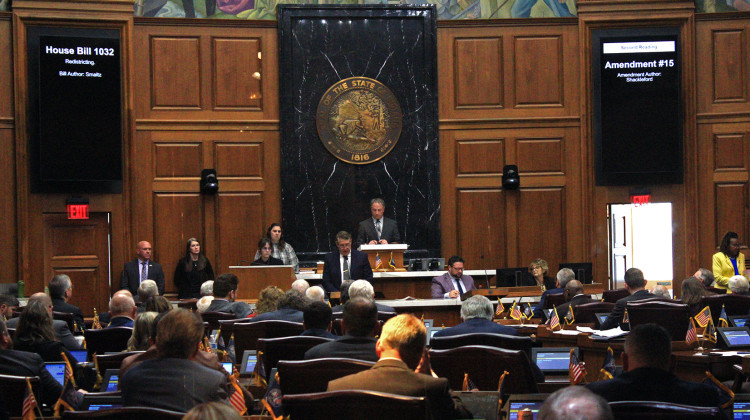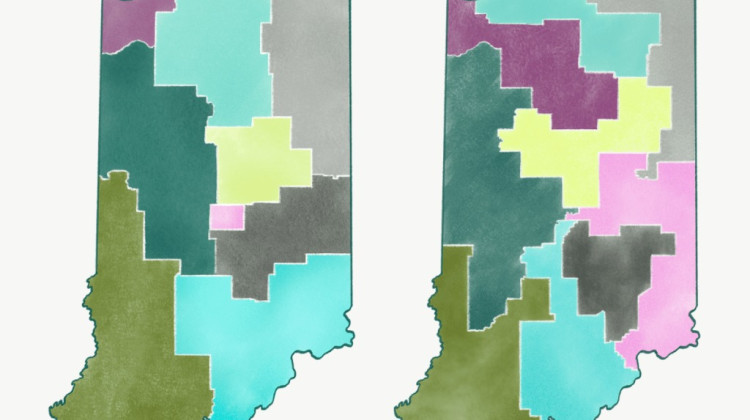
The Marion County case claimed police and prosecutors were violating the Constitution by keeping money from civil forfeitures.
(Barbara Brosher, WFIU/WTIU News)The Indiana Supreme Court says it's constitutional for police and prosecutors to keep some proceeds from civil forfeitures. But, only two justices agreed with the opinion in full.
Indiana law allows police to seize property they suspect was involved in a crime, even if the person is never charged. In many cases, they eventually sell the property. The case challenges what happens with those proceeds.
A group of taxpayers filed a lawsuit against several Marion County and Indianapolis officials that claimed they violated the Indiana Constitution by keeping some proceeds from civil forfeitures to offset their costs. The constitution says all fines and forfeitures should go to the Common School Fund.
Justice Mark Massa wrote the majority opinion, which says the General Assembly can decide how and when forfeiture proceeds accrue to the Common School Fund. Justice Goff was the only other justice to agree with the full opinion.
While Chief Justice Loretta Rush agreed that taxpayers had legal standing to bring the case and that the Constitution's language about the Common School Fund applies to civil forfeitures, she wrote a dissenting opinion on the constitutionality of the state's civil forfeiture statute. She says at least some civil forfeiture proceeds must go to the Common School Fund.
"Here, the current statute's allocation scheme neither tracks offset costs nor increases the Fund," Rush writes. "Thus, the legislature overstepped a constitutional limit on its authority."
Rush says the majority opinion goes against the court's duty to make sure branches of government don't overstep their authority. But the majority opinion allows for the controversial practice that critics call "policing for profit" to continue.
Legislators did pass some rules in 2018 that stipulate how seizure proceeds should be distributed. They argued the changes would result in more money going to the Common School Fund.
 DONATE
DONATE








 Support WFYI. We can't do it without you.
Support WFYI. We can't do it without you.